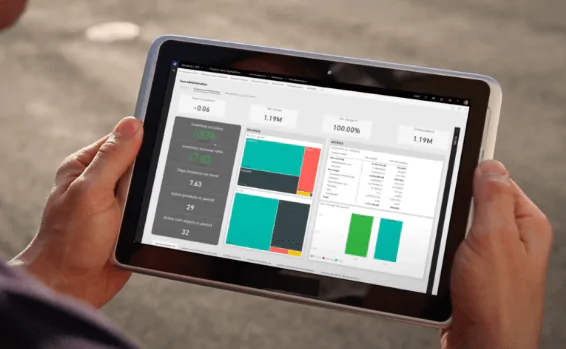Frequently Asked Questions
Do you have some doubts? Here are the answers to the FAQ to help you understand more about Dynamics 365 Supply Chain Management.
What are the top modules included in Dynamics 365 Supply Chain Management?
There are different valuable modules within Dynamics 365 Supply Chain Management that can notoriously support an organization’s operations. Common modules include procurement, manufacturing, demand planning, order management, inventory management, and warehouse management.
Is Dynamics 365 on-premise or cloud?
Dynamics 365 is a suite of cloud-based solutions that combines ERP and CRM capabilities designed to effectively connect, visualize, prioritize, and manage every area of your business.
Finance & Operations apps can run on-premise and in the cloud. However, they could have some limitations in the on-premise deployment, and the system requirements, functionalities, and hardware sizing differ from the cloud deployment.
What database is used by Microsoft Dynamics 365?
Dynamics 365 offers two options to be implemented, cloud or on-premise. The most popular choice for Dynamics 365 implementations is deploying in the cloud, which is hosted in Azure.
Hosting your software in the cloud essentially means that everything, from the program itself to your data, is stored online. Azure SQL Database is the service that Dynamics 365 uses as a Database Engine.
What industries does Dynamics 365 Supply Chain Management work for?
Dynamics 365 Supply Chain Management (SCM) touches upon any industry in almost every business area to enhance overall operations. To name the industries more precisely, these are the top 5 ones in supply chain management:
1. Manufacturing
2. Wireless & telecommunication
3. Transportation
4. eCommerce
5. Customer Service



























